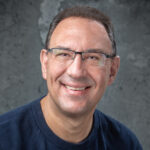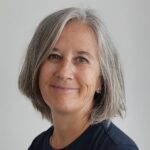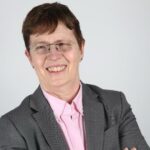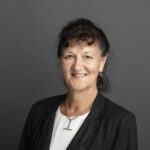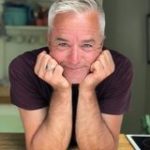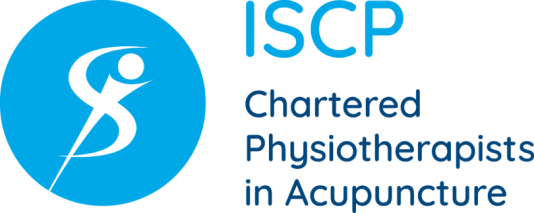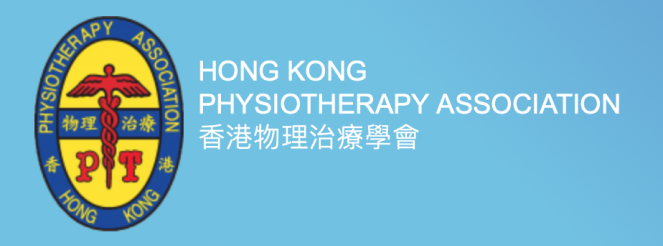Key Contacts
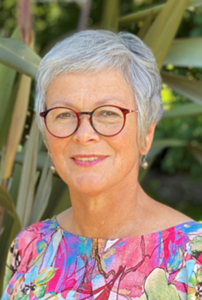
Primary contact, Secretary
Susan Kohut (New Zealand)
Susan is a New Zealand registered physiotherapist with a master’s degree in acupuncture from Auckland University of Technology (AUT). She now leads the postgraduate Western acupuncture papers for allied health professionals at AUT, and practice physiotherapy, including acupuncture, in private practice. She is on the Executive Committee and teaches for the Physiotherapy Acupuncture Association of New Zealand, and is the Secretary of the International Acupuncture Association of Physiotherapists (IAAPT). IAAPT is the World Physiotherapy acupuncture and dry needling specialty group. The aim of IAAPT is to promote acupuncture (both traditional Asian acupuncture and biomedical/Western – including dry needling) practices within physiotherapy.
My work
I realize that within acupuncture worldwide, physiotherapists practicing acupuncture are somewhat of a minority, with “dry needling” being the common terminology within physical therapy scopes. However, within many countries, acupuncture, including dry needling, is very much within the physiotherapy scope of practice.
As a physiotherapist, acupuncture complements promotion of tissue healing, pain relief, and quality of life, thus enabling better participation in rehabilitation. I wouldn’t be without my toolbox of needles.
My teaching initially focuses on the critical analysis of acupuncture’s integration within healthcare worldwide, with robust discussions on the varying paradigms of needling practices. This includes their differences, yet similarities, those “paradoxes” of acupuncture research. Then there is the learning of acupuncture. Acupoints are learned, including their innervation. That enables the reading and better understanding of acupuncture research and a shorthand to write treatment notes! Chinese medicine theories are taught at basic levels to comprehend the origins of practice, however most teaching is neuroscience- and clinical reasoning-based. The research over the past decade in relation to acupuncture in anti-inflammation and autonomic processing has taken acupuncture far past the notion of it being only a treatment for pain.
Thoughts on Research
In healthcare research, it is crucial to demonstrate mechanisms of action as well as to drive evidence-based practice. The early statements within Western medicine of acupuncture being only placebo, and that there is no evidence for it are slowly being eroded, but colonial biases still exist.
Memorable research includes Paterson and Dieppe’s 2005 paper on characteristic and incidental placebo effects in complex interventions such as acupuncture. It focused on pluralistic components involved in treatment and opened doors to think beyond the randomized controlled trial. Moreover, I must note Hugh MacPherson’s work (with many others) in developing acupuncture beyond needling and highlighting the multiple dimensions of complex interventions such as acupuncture.
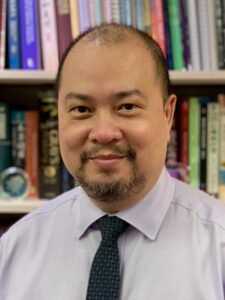
President
Kerry Fung (Hong Kong)
Kerry is a Registered Physiotherapist (HK, UK, AU) and a Registered Chinese Medicine Practitioner (HK, AU). He graduated from the Hong Kong Polytechnic University (Physiotherapy, Manipulative Therapy, Health Care Research), Royal Melbourne Institute of Technology (RMIT) University (Chinese Medicine), Hong Kong Baptist University (Chinese Medicine, Acupuncture), University of Liverpool (Exercise and Nutrition Science), the University of Hong Kong (Sports and Health Sciences) and John Wernham College of Classical Osteopathy (Classical Osteopathy).
Kerry has served as the Vice President of the Hong Kong Physiotherapy Association, the Chairman of the Registration Committee of the Physiotherapists Board of Hong Kong, and is now the Chairman of the International Acupuncture Association of Physiotherapists (IAAPT). He is working as a physiotherapist and Chinese medicine physician in private practice and is the Dean of the Institute of Holistic Healthcare. He has been teaching manual therapy, manipulative physiotherapy, acupuncture, sports physiotherapy and other professional development programs of Physiotherapy and Chinese medicine in Hong Kong, Macau, Mainland China and East Asia for over two decades.
His major mission now is to promote the development of the physiotherapy profession in China and to engage physiotherapists around the globe to use acupuncture and related techniques in the context of physiotherapy.


